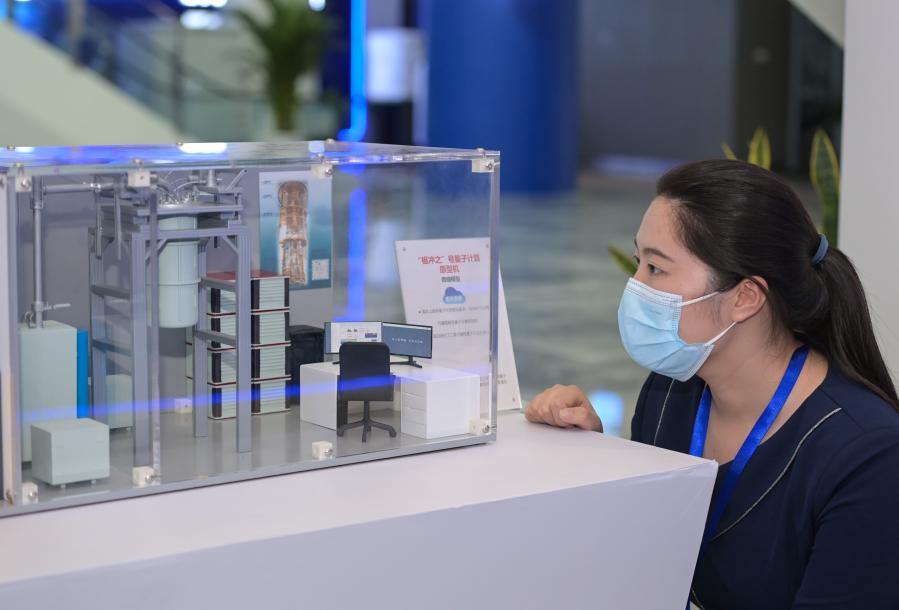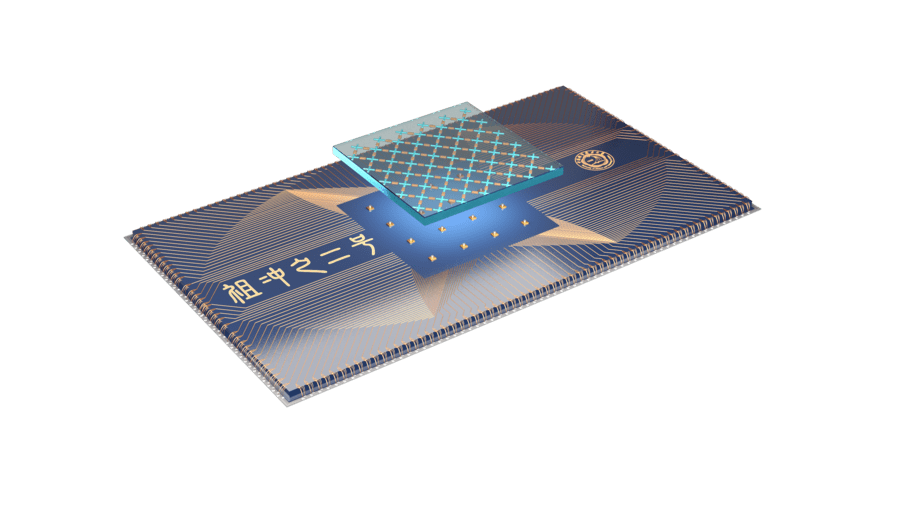China gains a quantum computational advantage through two key technological paths. According to analysts, Chinese researchers have made significant progress in superconducting quantum computing and photonics quantum computing technology, making China the only country to achieve a quantum computational advantage in two mainstream technical paths, whereas the United States has only achieved a “quantum advantage” in superconducting quantum computing.
As reported in Global Times, according to Yuan Lanfeng, a research fellow at the University of Science and Technology of China’s (USTC) Hefei National Laboratory for Physical Sciences at the Microscale, the quantum advantage is a scientific concept that states a quantum computer can do things in some fields beyond the capability of non-quantum or classical computers, but it will never replace classical computers.
The research, conducted by renowned Chinese quantum physicist Pan Jianwei, was published online in the journal Physical Review Letters and Science Bulletin on Monday (Oct 25, 2021) Beijing Time. As per scientists, this amazing achievement enables China the first country to obtain a quantum computational advantage via two mainstream technical routes: photonics quantum computing and superconducting quantum computing.
[email-subscribers-form id=”1″]

The researchers created the “Jiuzhang” quantum computer prototype in December 2020, which detected up to 76 photons, establishing quantum computational advantage.
Quantum computational advantage, commonly referred to as “quantum supremacy,” refers to a quantum computing speedup that is currently unattainable by regular computers.
Two significant technical techniques to demonstrate a quantum processing advantage in experiments are Gaussian boson sampling (GBS) based on photons and random quantum circuits sampling based on superconducting qubits. The researchers developed the “Zuchongzhi,” a 62-qubit programmable superconducting quantum processor, in May of this year, and demonstrated two-dimensional programmable quantum walks on the system.
The “Jiuzhang” quantum computing device is 100 trillion times quicker than the world’s fastest supercomputer at performing large-scale GBS. Meanwhile, “Zuchongzhi 2.1” can execute large-scale random quantum circuits sampling around 10 million times quicker than the fastest existing supercomputer, with an enhanced average readout quality of 97.74 percent.
“This indicates that our research has entered its second stage to start realizing fault-tolerating quantum computing and near-term applications such as quantum machine learning and quantum chemistry,” said Zhu Xiaobo, a member of the research team.
“Zuchongzhi 2.1” is 10 million times quicker than the fastest supercomputer currently available, and its computation complexity is more than 1 million times more than Google’s Sycamore processor. China has achieved a quantum advantage in a superconducting quantum computing device for the first time.

